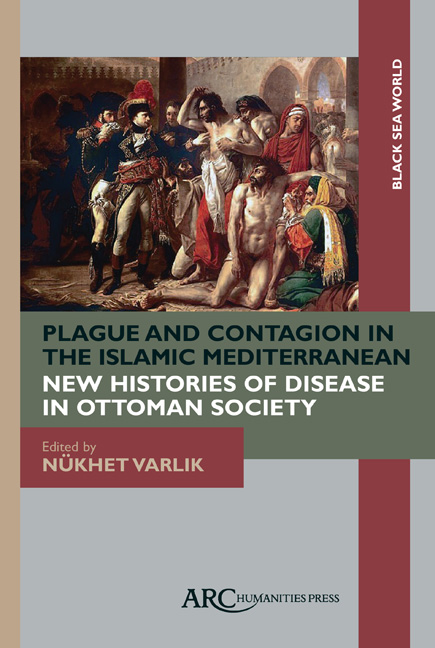Religion and Ottoman Society’s Responses to Epidemics in the Seventeenth and Eighteenth Centuries
Published online by Cambridge University Press: 25 January 2021
Summary
AT DAWN ON August 29, 2005 Hurricane Katrina made landfall in New Orleans. Despite initial reports that the storm would cause little damage, Katrina turned out to be one of the deadliest natural disasters and the costliest one in US history. The storm raged for several hours, wreaking devastation of unprecedented measure on the city. Nearly 2,000 people lost their lives; thousands became homeless. “We’ve lost everything, and it's a city that's doomed. I don't think we could go back,” one victim said. “I have no idea where to go from here … yesterday I felt flush. Today I got nothing,” said another, in despair.
Katrina and a few other recent disasters, such as the Asian Tsunami of 2004, the Sichuan Earthquake of 2008, the Haiti earthquake of 2010, and the east Japan earthquakes and tsunami of March 2011, have spurred a very impressive volume of literature on natural disasters. The interdisciplinary field of Disaster Studies has existed for several decades. But those recent events have brought more scholars—mostly social scientists—to the study of disasters not in order to understand their causes and reduce future occurrences, but rather to explore “aspects of social structures and processes that are hidden in everyday affairs” through gathering evidence that provides “rich data for addressing basic questions about social organization—its origins, adaptive capacities, and survival.” Parallel to this growing interest in contemporary disasters, historians too have devoted more attention to historical calamities. Recent studies have taught us not only about the effect of disasters on past societies, but also much about their structure, relationships between different elements in society, behavioral patterns, and people's perception of state and local authorities.
In this study, I examine a commonly recurring natural disaster in the pre-nineteenth century Ottoman Empire, plague epidemics. I argue that, unlike what previous scholarship has suggested, there was little connection between responses to plagues and religious belief, and that the latter was not the main factor to determine people's responses to life-threatening situations. As I shall show, this suggests that religious boundaries—but not religious identity—were looser and not as significant in Ottoman society as historians had previously thought.
- Type
- Chapter
- Information
- Plague and Contagion in the Islamic Mediterranean , pp. 179 - 198Publisher: Amsterdam University PressPrint publication year: 2017



